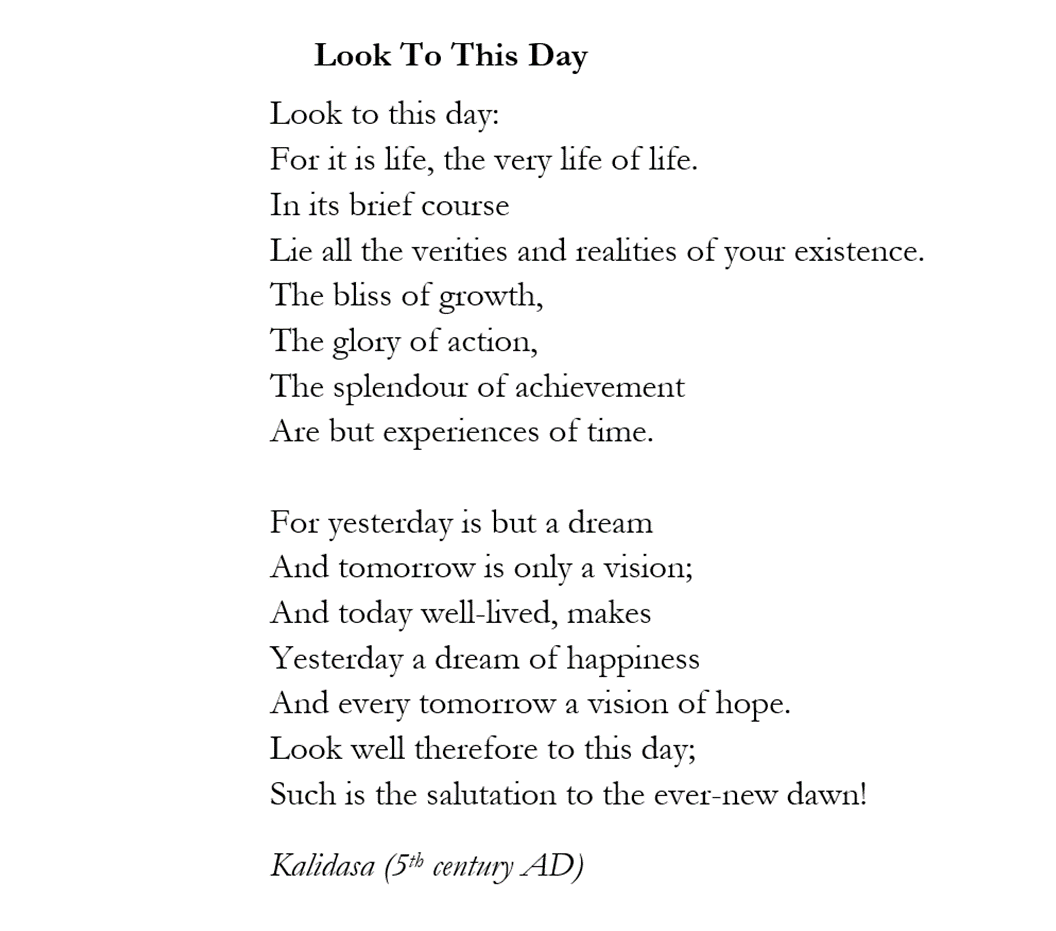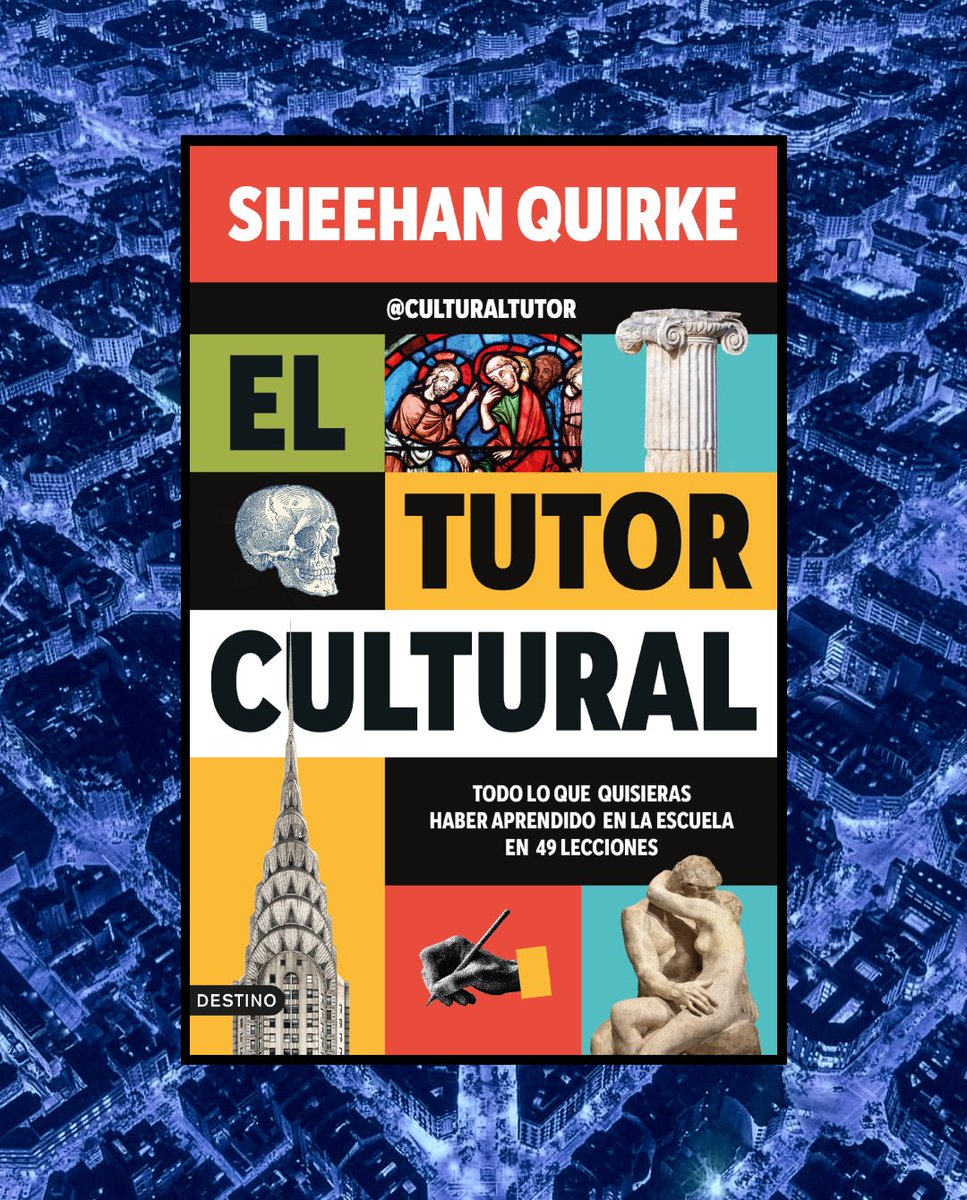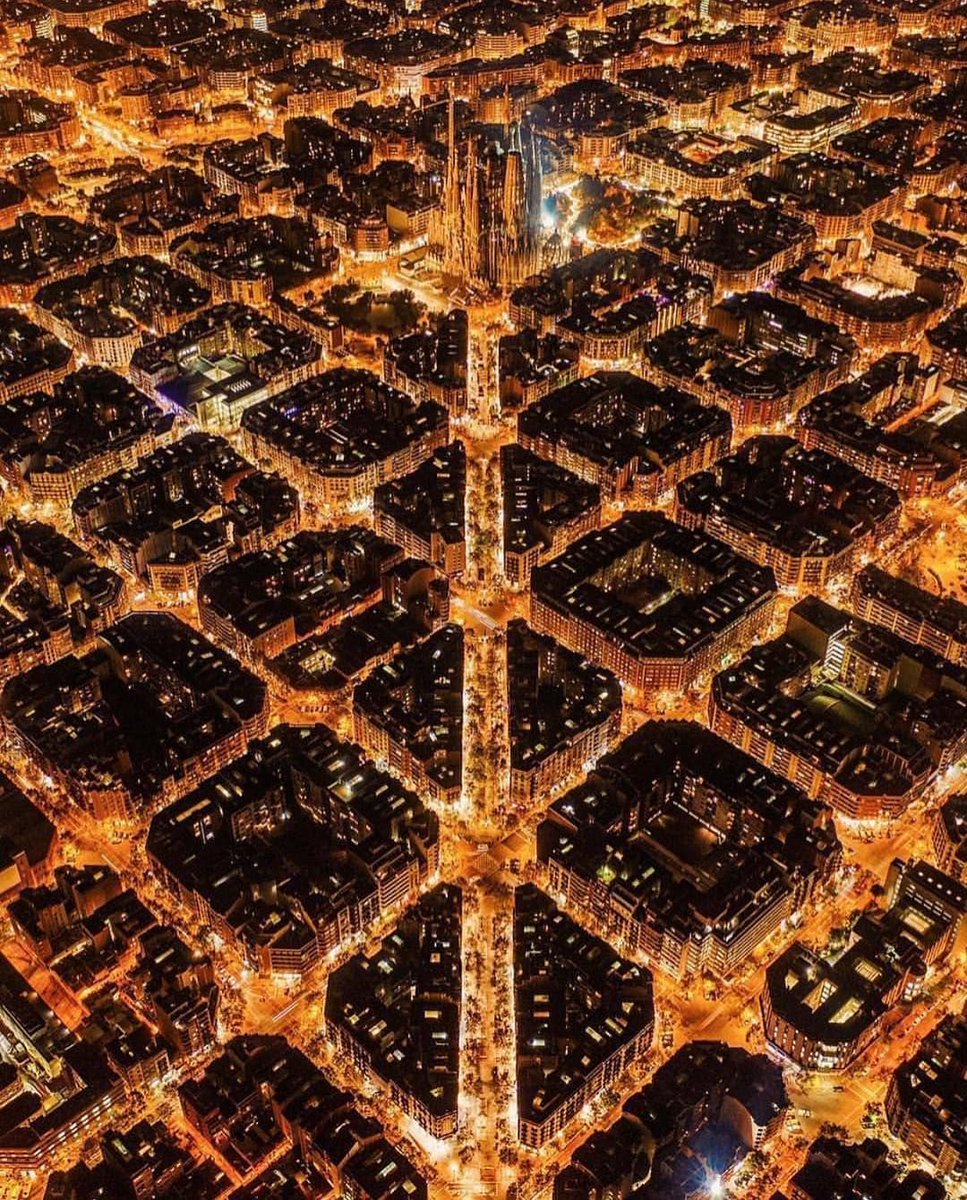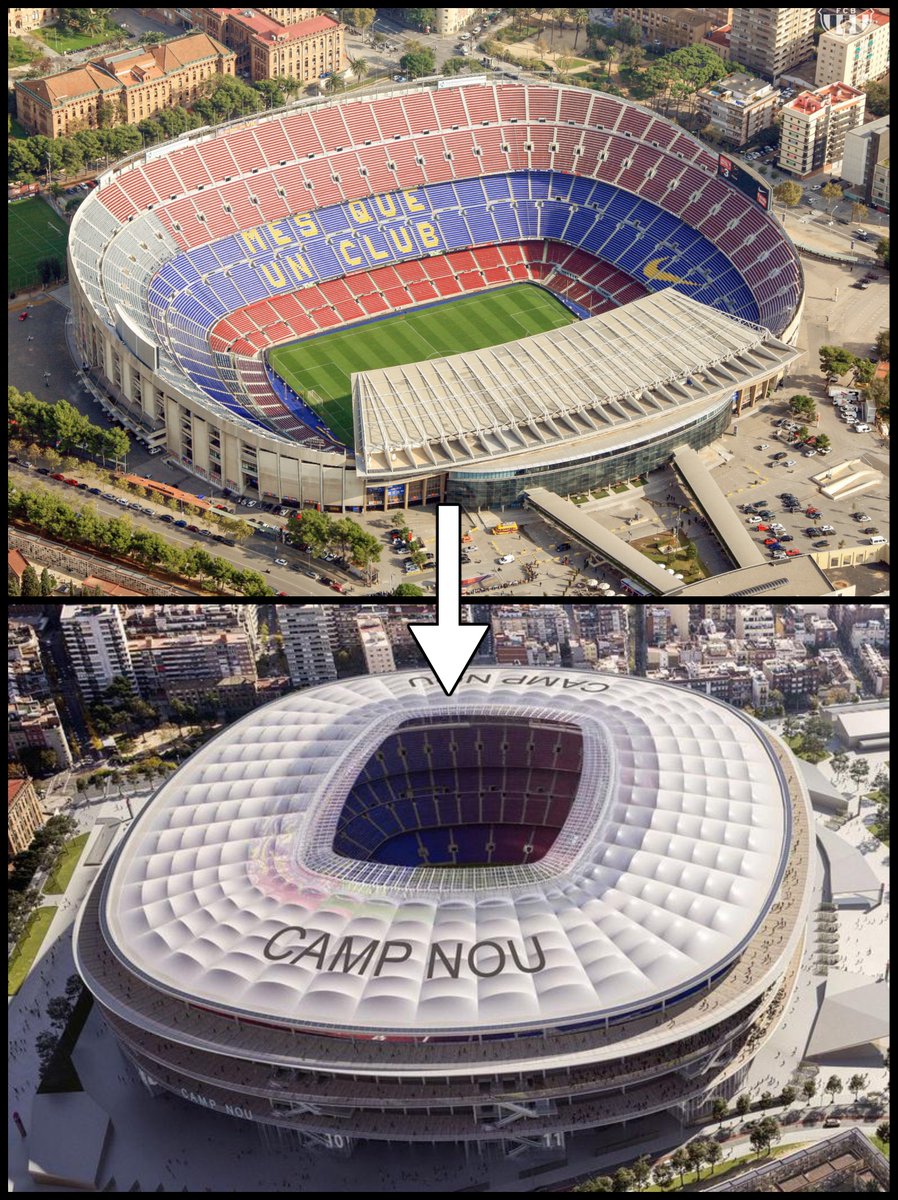15 of the most beautiful short poems you (might) have never read, from across the world and throughout history...
Starting with the Persian master Rumi, writing 800 years ago:
Starting with the Persian master Rumi, writing 800 years ago:
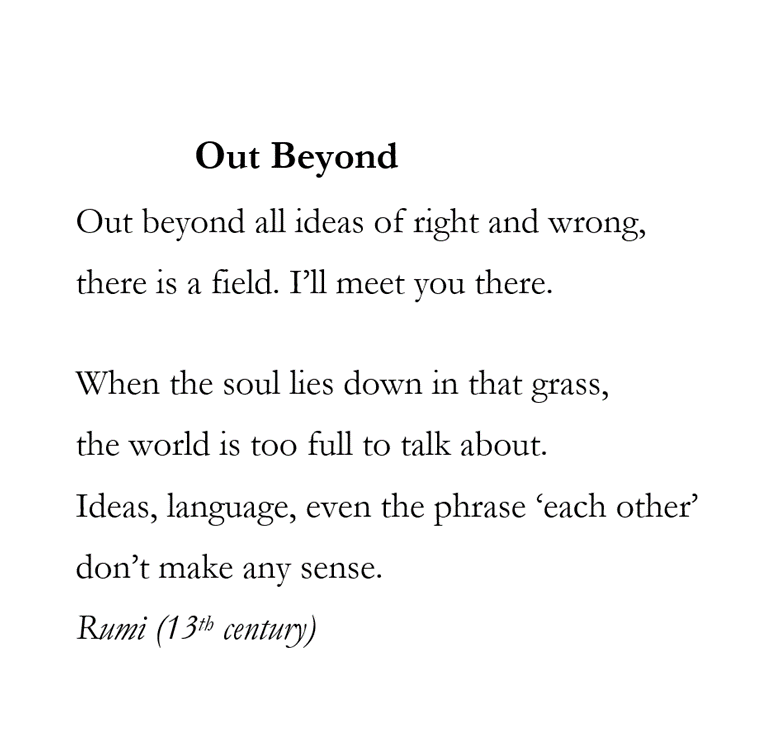
2. Enheduanna isn't just the oldest named poet in history; she's the oldest known writer.
She was a high priestess in the Sumerian city of Ur in about 2100 BC, and this is from her hymn to Inanna, the goddess of fertility, love, and war:
She was a high priestess in the Sumerian city of Ur in about 2100 BC, and this is from her hymn to Inanna, the goddess of fertility, love, and war:

3. Sappho was an Ancient Greek lyric poet from the island of Lesbos, regarded as one of the greatest poets of Antiquity and sometimes called the Tenth Muse.
All we have left of her work are incomplete, tantalising fragments:
All we have left of her work are incomplete, tantalising fragments:

4. Another of Greece's great lyric poets was Pindar, who wrote "victory odes" for the winners of the Panhellenic Games. 

5. Quintus Horatius Flaccus, known as Horace, was a Roman poet of the Augustan Age.
His Odes are often considered the finest of all Latin lyric poetry, and ranks alongside Virgil and Ovid as the greatest Roman poets.
His Odes are often considered the finest of all Latin lyric poetry, and ranks alongside Virgil and Ovid as the greatest Roman poets.
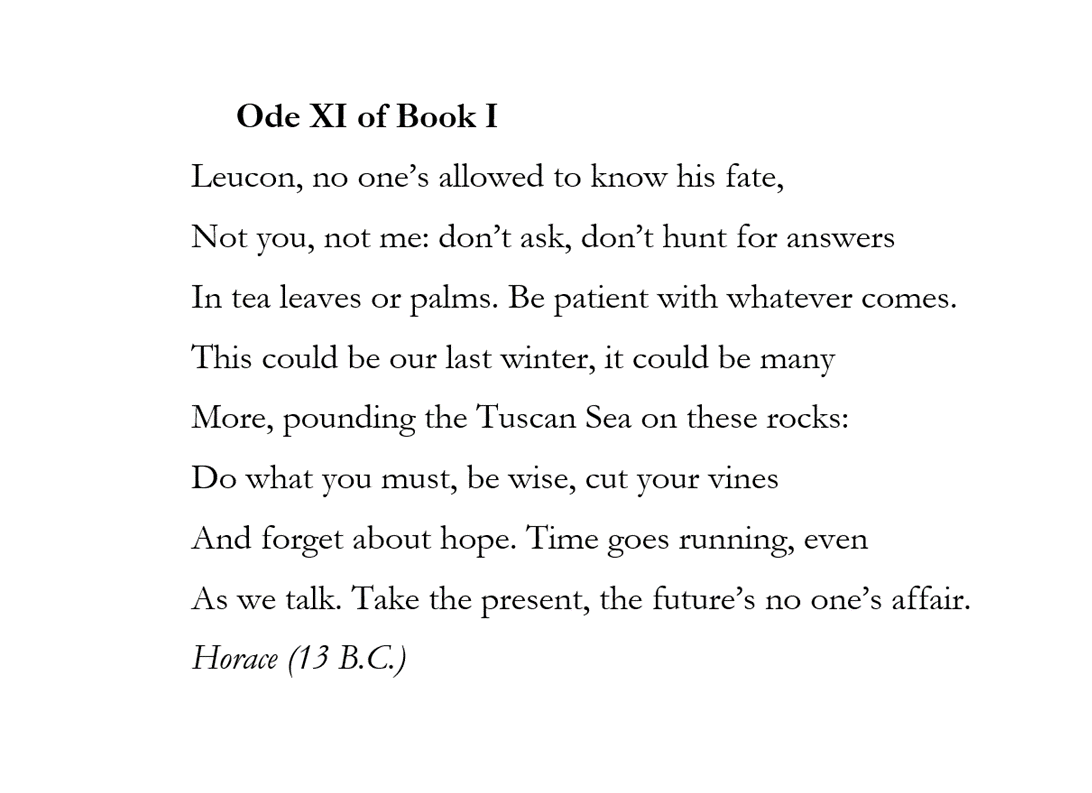
7. Caedmon, who looked after animals at Whitby Abbey in the 7th century A.D., is the first named English poet. 

8. Li Bai was (alongside his friend Du Fu) the greatest poet of the Tang Dynasty, a Golden Age in Medieval China. 

9. Dante is most famous for his masterpiece, the Divine Comedy, but as a young man he was also a composer of shorter poems, especially on the theme of love. 

10. Ah Bam is the name attributed to the author of The Songs of Dzitbalché, a collection of Ancient Mayan poetry compiled in the 15th century. 

11. Matsuo Basho, who travelled throughout Edo period Japan writing poetry, is regarded as the master of the haiku. 

12. Sayyid Abdallah was a poet and scholar who lived in the Lamu Archipelago and composed Swahili poetry in Arabic script during the 18th and 19th centuries. 

13. Percy Bysshe Shelley, along with Lord Byron and John Keats, was one of the foremost poets of the Romantic Age. He drowned at just 29 years old. 

15. Fernando Pessoa was a Portuguese poet, writer, critic, essayist, and all-round enigma. He had at least 75 alter-egos and remains one of the most unique and fascinating literary figures of all time. 

• • •
Missing some Tweet in this thread? You can try to
force a refresh

